Research
-
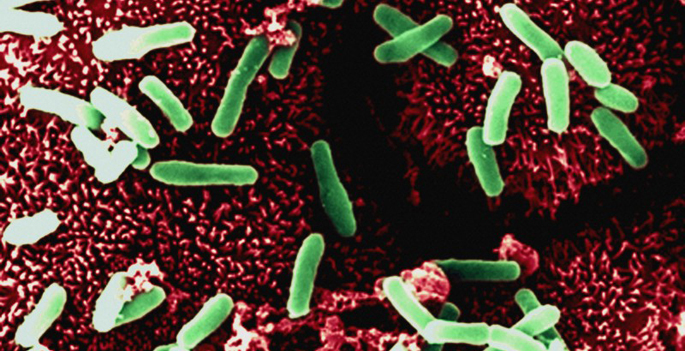
C.diff captures blood cell cofactor to build defensive shield
Vanderbilt University Medical Center scientists have identified a C. diff protein system that senses and captures heme (part of hemoglobin) to build a protective shield that fends off threats from our immune system and antibiotics. Read MoreJun 10, 2020
-
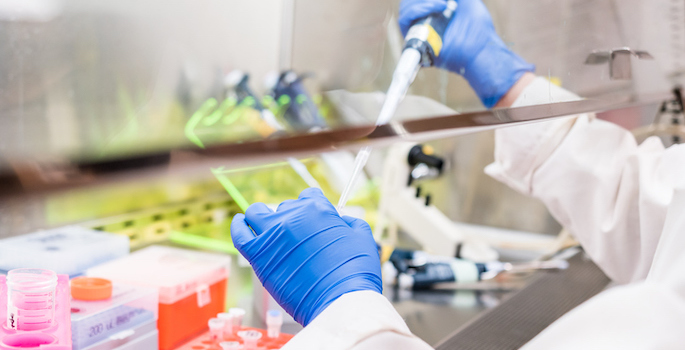
Vanderbilt, AstraZeneca sign new COVID-19 antibody agreement
After evaluating the ability of more than 1,500 monoclonal antibodies to bind and neutralize the COVID-19 virus, SARS-CoV-2, in the laboratory, AstraZeneca signed an exclusive license to six candidate antibodies in Vanderbilt’s portfolio. Read MoreJun 9, 2020
-

Staph’s activation of blood clotting
Staph bacteria may change the factor they use to activate blood clotting — to evade the immune response — a new study suggests. Read MoreJun 9, 2020
-
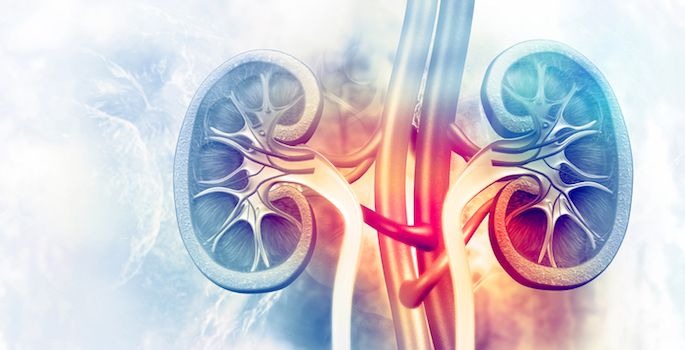
Protecting the injured kidney
Leslie Gewin and colleagues have upended conventional dogma about Wnt/beta-catenin signaling in the kidney, finding that it protects against chronic kidney disease rather than promoting it. Read MoreJun 4, 2020
-
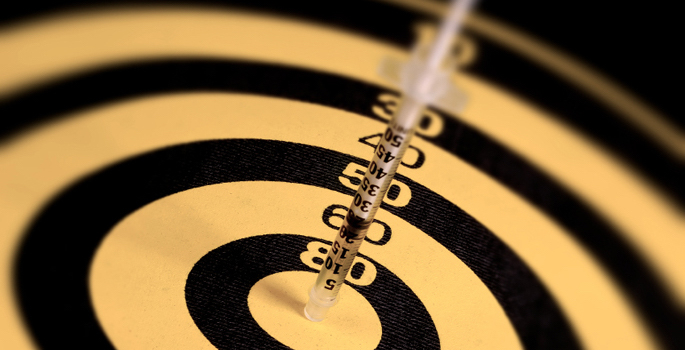
Potential new cancer target
Vanderbilt researchers have discovered the involvement of a certain type of adenosine receptor in mediating signaling that supports tumor growth and metastasis. Read MoreJun 4, 2020
-
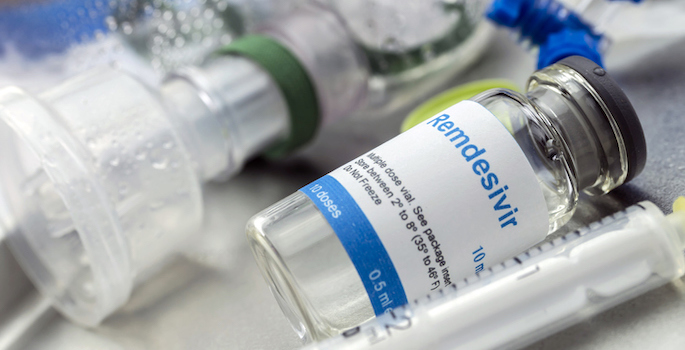
Remdesivir helps reduce COVID-19 recovery time: study
The investigational antiviral drug remdesivir can shorten the time to recovery in adults hospitalized with COVID-19, according to preliminary results of a clinical trial published last month in The New England Journal of Medicine. Read MoreJun 4, 2020
-

VUMC research ramps up in COVID-19 transition
As Nashville cautiously begins to emerge from its two-month-long COVID-19 Safer at Home response, so too are the labs and facilities at Vanderbilt University Medical Center. Read MoreMay 21, 2020
-

Team uses imaging to study ways the heart is affected by coronavirus
Researchers are using imaging and diagnostic pathology to examine postmortem hearts donated by victims of COVID-19 to gain a better understanding of how the coronavirus that causes COVID-19 affects the heart. Read MoreMay 21, 2020
-

VUMC Research Enterprise begins ramping up
As Nashville cautiously begins to emerge from its two-month-long COVID-19 Safer at Home response, so too are the labs and facilities at Vanderbilt University Medical Center. Read MoreMay 19, 2020
-

Probing innate immunity
Manuel Ascano team validates an inhibitor of the cGAS-STING signaling pathway, which is important for cellular innate immunity against bacteria, viruses, and our own damaged DNA. Read MoreMay 19, 2020
-
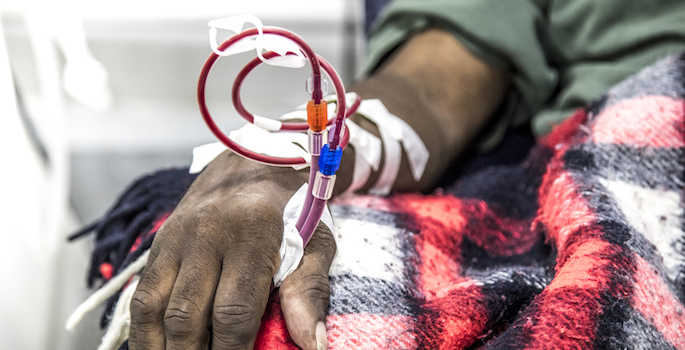
Implant one day may replace dialysis
Vanderbilt researchers used pharmacological manipulations to increase salt and water transport by kidney cells grown in culture, a step necessary for realizing an implantable artificial kidney device. Read MoreMay 18, 2020
-

Antibodies eye Pacific Island “fever”
Vanderbilt Vaccine Center team isolates monoclonal antibodies against the mosquito-borne Ross River virus, which causes rash, fever and debilitating muscle and joint pain lasting three to six months. Read MoreMay 14, 2020
-
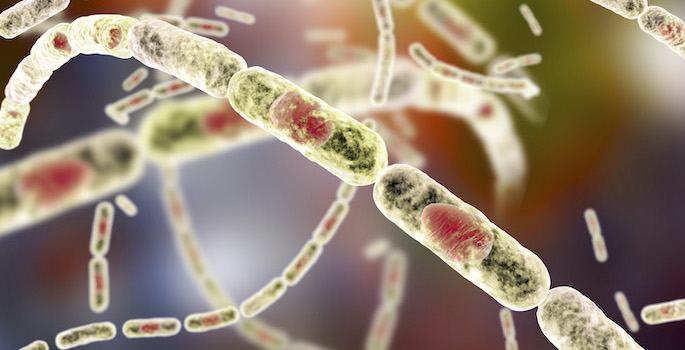
The adaptable anthrax bacterium
Vanderbilt researchers discover how anthrax bacterium defends itself against structural damage and resists the toxicity of the antimicrobial drug targocil. Read MoreMay 14, 2020
-

Yin receives early investigator MERIT Award from NCI
Zhijun Yin, PhD, assistant professor of Biomedical Informatics at Vanderbilt University Medical Center, has received the National Cancer Institute’s Method to Extend Research in Time Award (or MERIT Award) for Early Stage Investigators. Read MoreMay 14, 2020
-
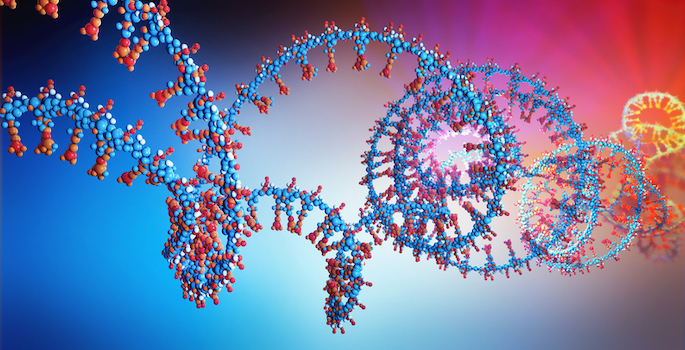
New method captures early viral-host protein interactions
Researchers have developed a method to identify the primary interactions between incoming viral RNA genomes and host proteins. Read MoreMay 7, 2020
-

Study finds AI can categorize cancer risk of lung nodules
Computed tomography scans for people at risk for lung cancer lead to earlier diagnoses and improve survival rates, but they can also lead to overtreatment when suspicious nodules turn out to be benign. Read MoreMay 7, 2020
-

A dual-purpose metabolic switch
John York and colleagues have demonstrated that the protein Vip1 is a rare type of bifunctional enzyme: it can both synthesize and destroy key cellular signaling molecules. Read MoreMay 5, 2020
-

The role of diet in esophageal cancer
New findings suggest that dietary calcium and magnesium affect the risk of esophageal cancer; if confirmed in interventional studies, they could inform dietary modifications to reduce the burden of this cancer. Read MoreMay 4, 2020
-

EHRs, biobanks and Mendelian diseases
Electronic health records and biobanks can be effectively combined to detect and study Mendelian diseases such as cystic fibrosis. Read MoreApr 30, 2020
-

Antibody finding raises hopes for Marburg, COVID-19 treatments
Monoclonal antibodies against Marburg virus — a more lethal cousin of the RNA virus that causes COVID-19 — may aid in the development of antibody "cocktails" to counter viral infection. Read MoreApr 30, 2020